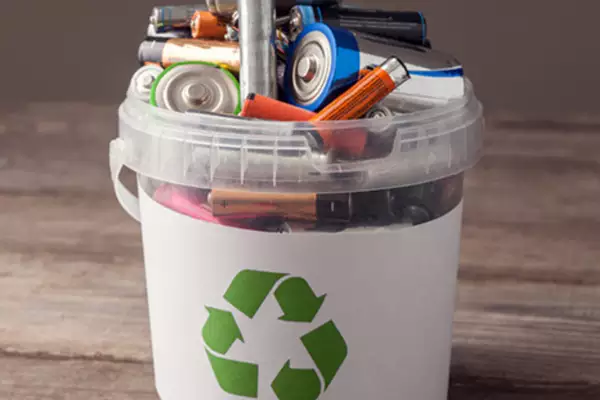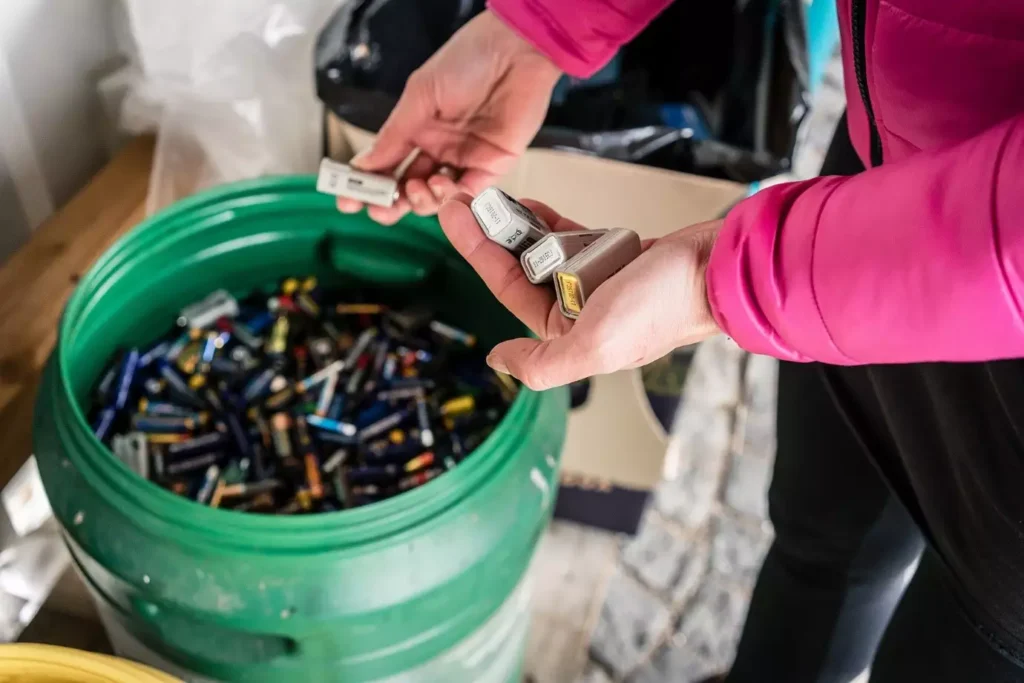The Ministry of Environment, Forest, and Climate Change (MoEFCC) has introduced stringent environmental compensation (EC) guidelines aimed at penalizing violations of the Battery Waste Management (BWM) Rules 2022.
Key Highlights of the Guidelines:
Objectives:
- Promote Sustainable Waste Management: The guidelines aim to ensure proper management of battery waste and encourage eco-friendly product design.
- Accountability for Producers: Producers must manage the entire lifecycle of batteries, including disposal and recycling.
Standards for Waste Battery Management:
- Comprehensive Coverage: The rules apply to all types of batteries, including-
- Electric Vehicle Batteries
- Portable Batteries
- Automotive Batteries
- Industrial Batteries
Extended Producer Responsibility (EPR):
- EPR Targets: Producers are required to meet specific recycling targets based on battery type.
- Producers’ Obligations: Producers are required to-
- Collect waste batteries
- Ensure proper recycling
- Facilitate refurbishment of the batteries
Financial Penalties:
- For non-compliance with EPR targets can result in significant financial penalties.
- Interest on Delayed Payments: Stricter sanctions, including unit closure, for delays beyond three months
Enforcement and Implementation:
- Role of CPCB: The CPCB is responsible for developing guidelines to impose and collect EC from non-compliant entities.
- Severe Consequences for Violations: Violating entities may face penalties such as the seizure of trade documents and legal action under the Environmental Protection Act (EPA).
About Battery Waste Management (BWM) Rules 2022
- Scope: The BWM Rules cover all battery types, including-
- Electric Vehicle Batteries
- Portable Batteries
- Automotive Batteries
- Industrial Batteries
Polluter Pays Principle: Environmental compensation for non-fulfillment of EPR targets is based on this principle, holding producers accountable for their environmental impact.
Ref: Source
| UPSC IAS Preparation Resources | |
| Current Affairs Analysis | Topperspedia |
| GS Shots | Simply Explained |
| Daily Flash Cards | Daily Quiz |
Frequently Asked Question:
What is the primary goal of the Battery Waste Management Rules 2022?
The rules aim to ensure proper battery waste management and encourage eco-friendly design, disposal, and recycling of batteries.
What types of batteries are covered under the BWM Rules 2022?
The rules cover electric vehicle batteries, portable batteries, automotive batteries, and industrial batteries.
What is Extended Producer Responsibility (EPR) under the BWM Rules?
EPR requires producers to collect, recycle, and manage waste batteries throughout their lifecycle, meeting specific recycling targets.
What penalties are imposed for non-compliance with the BWM Rules?
Non-compliance with EPR targets can lead to significant financial penalties, including interest on delayed payments and potential closure of units.
What role does the CPCB play in enforcing the BWM Rules?
The CPCB develops guidelines to impose and collect environmental compensation from entities that violate the Battery Waste Management Rules.


